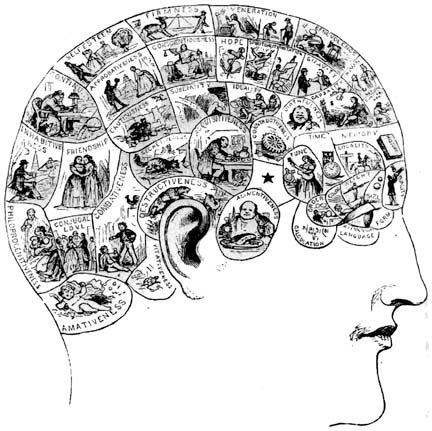Pushing delete on addiction triggers, PTSD
 Scientists in the US have successfully erased selected memories in mice and rats, while leaving others totally unaffected. The exciting breakthrough has been published this week and could herald a new method for disrupting unwanted memories in humans.
Scientists in the US have successfully erased selected memories in mice and rats, while leaving others totally unaffected. The exciting breakthrough has been published this week and could herald a new method for disrupting unwanted memories in humans.
The human brain is excellent at linking physical sensations with thoughts and emotions to form complex memory triggers. Sometimes this effect can be great – like when a song transports the listener to a fondly remembered past. Other times the trigger can be negative – throwing a PTSD sufferer back to a traumatic situation, or causing intense drug cravings for a recovering addict. New research from the Florida campus of The Scripps Research Institute (TSRI) has successfully removed such drug-related memory triggers from rats and mice.
“Our memories make us who we are, but some of these memories can make life very difficult,” said Courtney Miller, a TSRI assistant professor who led the research. “Not unlike in the movie Eternal Sunshine of the Spotless Mind, we’re looking for strategies to selectively eliminate evidence of past experiences related to drug abuse or a traumatic event. Our study shows we can do just that in mice — wipe out deeply engrained drug-related memories without harming other memories.”
Animals in the tests were trained to associate the rewarding effects of methamphetamine with a rich context of visual, tactile and scent cues. The scientists inhibited actin polymerization - the physical creation of memories - by blocking a molecular motor called myosin II in the brains of mice and rats during the maintenance phase of methamphetamine-related memory formation.
When injected with the inhibitor days later and in a different environment, the subjects showed a complete lack of interest when they encountered drug-associated cues. At the same time, the response to other memories, such as food rewards, was unaffected. Researchers are not clear on why the drug-related memory was so fragile, but are moving ahead with similar such recollections of dopamine, nicotine or triggers for PTSD.
The report on the study “Selective, Retrieval-Independent Disruption of Methamphetamine-Associated Memory by Actin Depolymerization” is now available.








 Print
Print